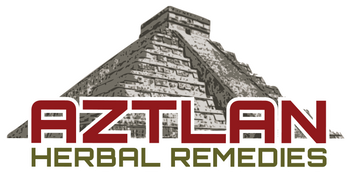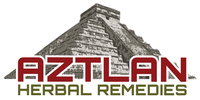🌱 Prebiotic Herbs That Nourish Your Gut Microbiome
Introduction
Your gut is home to trillions of beneficial bacteria, collectively known as the gut microbiome. A healthy gut microbiome plays a crucial role in digestion, immunity, metabolism, and even mood regulation. To keep this system thriving, we need prebiotics special fibers and plant compounds that feed good bacteria.
Unlike probiotics (which add live bacteria to your gut), prebiotic herbs nourish and strengthen the bacteria you already have. Let’s explore the top herbal allies that naturally support gut flora and promote long-term digestive health.
🌿 What Are Prebiotic Herbs?
Prebiotic herbs are plants rich in soluble fibers and compounds like inulin, fructooligosaccharides (FOS), and resistant starches. These act as “food” for probiotics, encouraging their growth and balance.
Benefits of prebiotic herbs include:
-
Supporting a diverse and resilient gut microbiome
-
Improving digestion and nutrient absorption
-
Strengthening the immune system
-
Reducing bloating and irregularity
-
Enhancing mental clarity and mood via the gut-brain axis
🌿 Top Prebiotic Herbs for Gut Health
1. Chicory Root (Cichorium intybus)
-
One of the richest natural sources of inulin fiber.
-
Promotes the growth of Bifidobacteria, essential for digestion and immune support.
-
Helps regulate bowel movements and may reduce constipation.
-
Commonly enjoyed as a tea or coffee substitute with a mild, earthy flavor.
2. Garlic (Allium sativum)
-
Contains inulin and fructooligosaccharides, making it a powerful prebiotic herb.
-
Supports the growth of beneficial bacteria while inhibiting harmful strains.
-
Also provides antimicrobial and immune-boosting properties, offering double benefits.
-
Best consumed raw, lightly cooked, or as an herbal supplement.
3. Dandelion Root (Taraxacum officinale)
-
A classic detox herb with powerful prebiotic effects.
-
Rich in inulin, it helps stimulate digestion and bile flow.
-
Supports both gut flora balance and liver detoxification, making it a key herb in gut-liver health.
-
Commonly consumed as a tea, tincture, or roasted as a coffee alternative.
4. Burdock Root (Arctium lappa)
-
Contains inulin and mucilage, supporting gut bacteria and soothing digestion.
-
Traditionally used for cleansing and detoxification, especially for skin and liver health.
-
Works synergistically with dandelion root in many herbal blends.
5. Licorice Root (Glycyrrhiza glabra)
-
Offers prebiotic fibers that help feed beneficial gut flora.
-
Also acts as a demulcent herb, soothing the gut lining and reducing irritation.
-
Especially helpful for those with digestive inflammation, gastritis, or leaky gut symptoms.
🍵 How to Use Prebiotic Herbs
-
Teas & Decoctions – Chicory, dandelion, and burdock root teas.
-
Cooking – Garlic added to soups, stir-fries, and sauces.
-
Powdered Supplements – Prebiotic blends with chicory, licorice, or dandelion root.
-
Tinctures – Concentrated extracts for stronger therapeutic use.
⚠️ Safety Considerations
-
Start with small amounts—too much prebiotic fiber at once can cause gas or bloating.
-
Pregnant or breastfeeding women should consult an herbalist before using licorice root.
-
Individuals with liver conditions, high blood pressure, or gallbladder issues should seek guidance before long-term use.
🌿 Final Thoughts
Prebiotic herbs like chicory root, garlic, dandelion, burdock, and licorice are natural allies for nourishing your gut flora and promoting overall wellness. By feeding your beneficial bacteria, these herbs support not just digestion, but your immune system, mood, and long-term vitality.
Adding prebiotic teas, tinctures, or herbs into your daily routine can help restore balance and resilience keeping your gut microbiome thriving for years to come.










